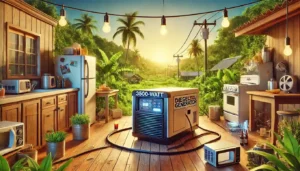
What Can I Power with a 3500 Watt Generator
Cuando se trata de mantener la energía en situaciones de emergencia, durante viajes de campamento o en eventos al aire libre, un generador de 3500
An electric generator is a machine that, from the efficient use of mechanical energy, generates safe and reliable electrical energy. This is its main function, which makes it very useful to supply electrical energy in case of unpleasant eventualities. They are essential devices for today's daily life, since we depend on electrical appliances to a great extent to do almost anything in our home.
If we are thinking of purchasing a Electric generatorWe want to know exactly what is it and what advantages does it offer us, we also want to inform you about your functioning and of your installation.
In this way, and with what we will learn in this blog, we will be able to get an idea of which model we need according to our needs. Remember that our staff is always available to provide you with advisory relevant and timely so that you make the best decision.

There are innumerable models of electric generators on the market that differ greatly from each other according to their characteristics, their functionality, their technical specifications and the type of service they offer. Therefore, it is important to know what the main differences consist of in order to choose the one that suits us best. Here are the 6 main points to keep in mind.
The terms single-phase and three-phase refer to the number of alternating currents, of the same frequency and amplitude, generated simultaneously in the same system.
If it is single-phase, it means that the magnetic field that rotates in the rotor and that produces electrical energy is only one, and that the electrical energy generated moves along a single line. A single-phase system is generally used in the domestic environment, where consumption is not high. They usually have a power of between 15 to 20kw, which gives us a voltage of 220V.
If it is three-phase, it gives us three magnetic fields (one for every 120° of rotation of the rotor pole pairs), so the energy moves along three different lines. Since the three-phase systems have a higher power, of more than 20kw, they can generate 380V. This feature makes them more functional in projects that require high consumption. It makes them ideal for large businesses, companies, hospitals, hotels and for residential complexes.
It must be remembered that a three-phase system, like the one in our models, can be converted to a single-phase output with the help of a converter, which is a great advantage.
Mobile or stationary?
It could be thought that a mobile electric generator necessarily has to be small to be able to move from one place to another; however, a large generator can be installed on a stable but transportable base that allows it to reach remote locations that require electrical power.
On the other hand, a stationary electric generator offers the advantage of safety and ease of maintenance. It allows better planning regarding its installation. They are more independent during their operation, which in turn offers peace of mind.
Gas, gasoline or diesel?
Fuel supply is a determining factor, both for efficiency and economy. It should not be forgotten that this factor is also fundamental in terms of the useful life of the machine.
Gas electric generators are a friendly alternative to the environment and the pocket, as long as there is a gas installation that ensures a constant and safe supply.
In second place we find gasoline electric generators that turn out to be cheaper to buy and generate less noise during operation. However, they cannot work for very long periods of time (maximum 4 hours) and require a lot of fuel. Generally its power is relatively low: up to 15kw.
Finally, diesel electric generators are the most common on the market due to the advantages they offer. The first thing to note is its durability. Our models offer up to 12 hours of constant and intensive work, backed by tanks with a capacity of up to 300 gallons. Although they are a little heavier and noisier, they have a longer lifespan.
Revolutions per minute
They are suitable to meet the need for a more widespread supply. They offer higher power and longer life. They are usually those that base their operation on diesel combustion.
They are useful when seeking to meet the needs of an emergency, where a very extended supply of energy is not required. Although they are functional, they have less power compared to those with lower rpm.
There is a wide variety of generators on the market according to the power they offer. From the smallest and most basic ones that offer a few kW of power and support undemanding jobs, to the largest and most complex ones that offer several hundred kW and are capable of working for several hours continuously.
To choose an electric generator according to its power, it is necessary to take into account the use to which it will be put and the consumption that will be sought to satisfy. The power of an electric generator that satisfies the consumption of a television will not be the same as that of one that supports an entire residential complex.
You can simply take a look at the electricity bill that specifies the consumption (in kW), and choose a generator that comfortably meets that consumption.
If a more precise measurement is sought, the first thing to do is add the powers of all the devices that, hypothetically, would be connected to the electric generator. This sum is divided by the power factor (0.8) to obtain the KvA, also known as the apparent power. Next, for safety, it is recommended to apply a margin of error between 10 and 20% upwards. The result should approximate the power of the electric generator to choose.
Of course, an electric generator is a major purchase that should be carefully considered. The cost of an electric generator is a relevant element that enters into the decision to choose one. In the same way, the guarantee must also be taken into account. For example, all our models are guaranteed for 4 years or 3,000 hours of operation.
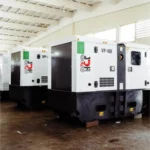
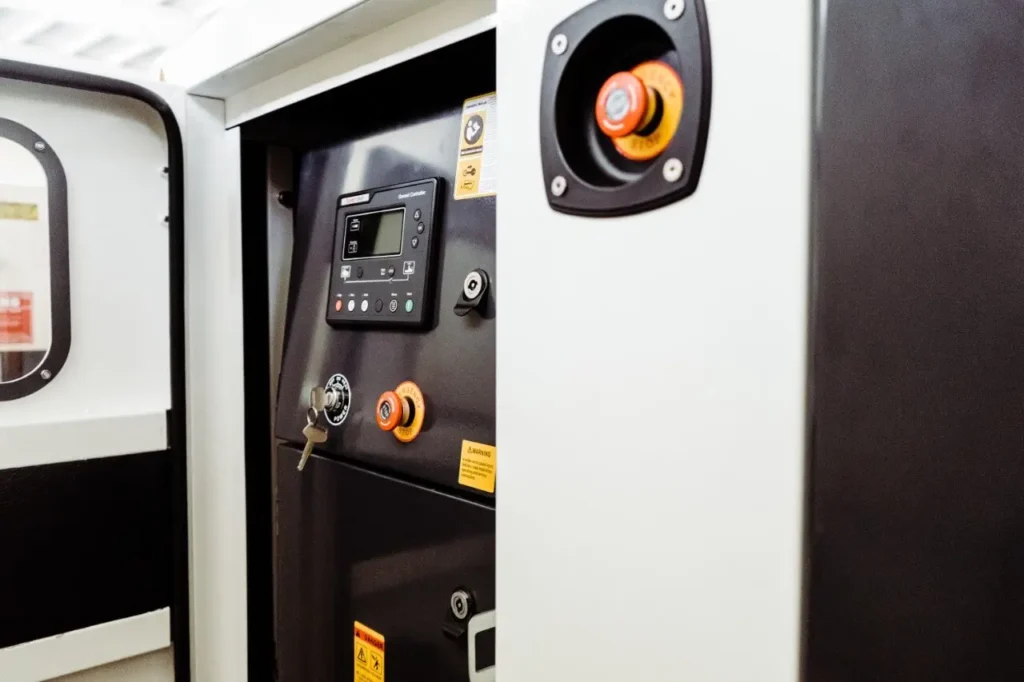
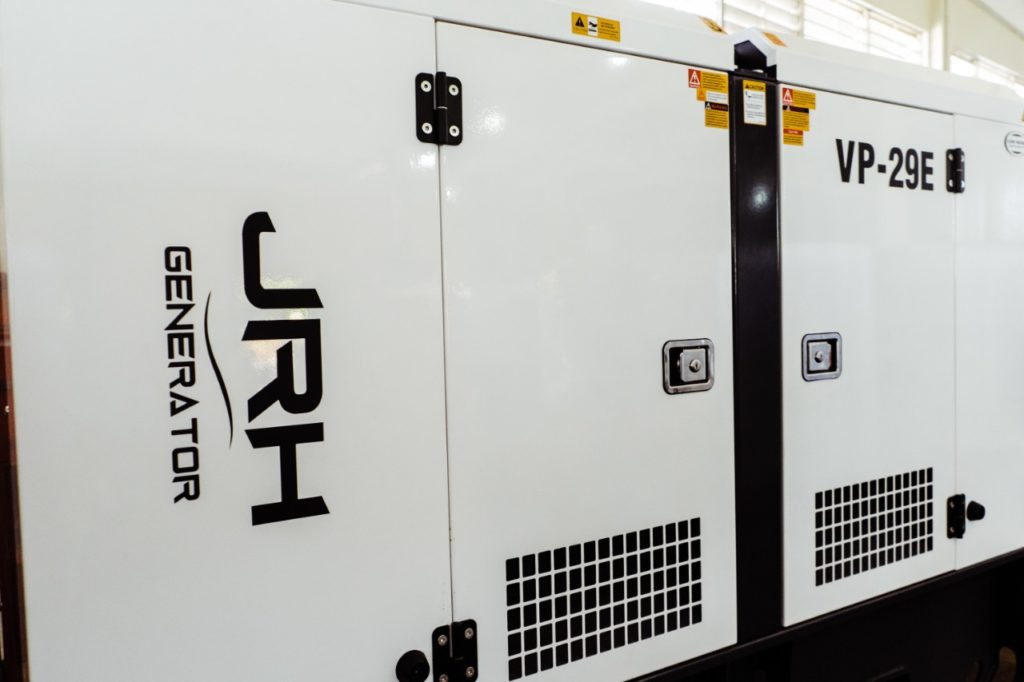
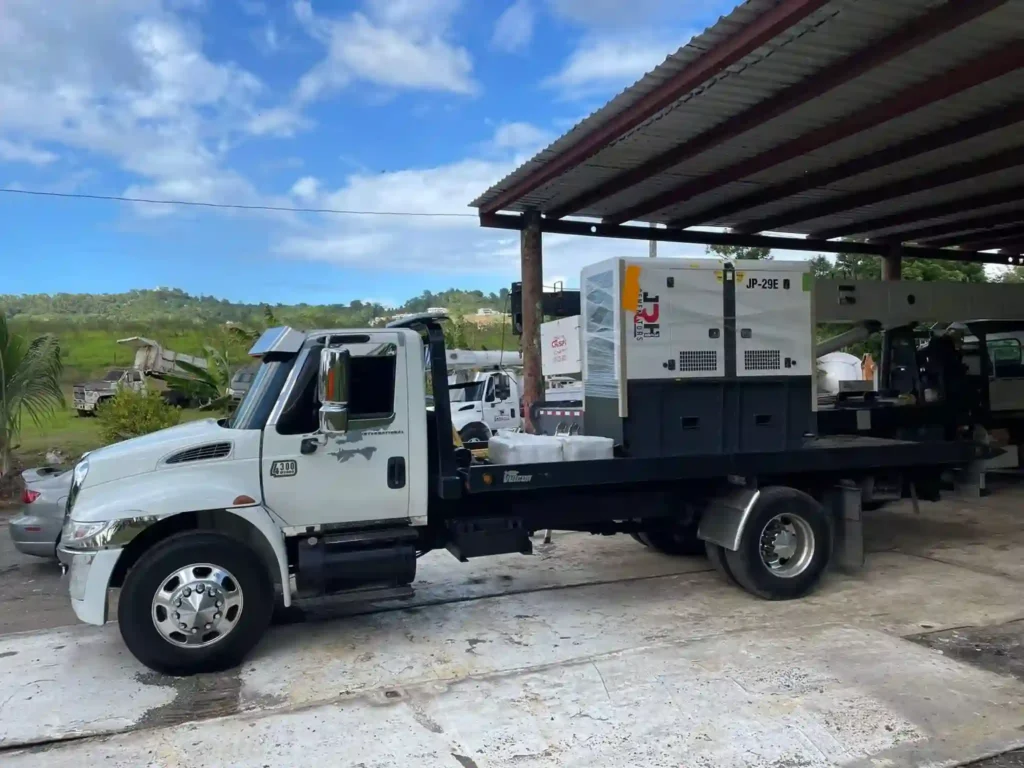

Cuando se trata de mantener la energía en situaciones de emergencia, durante viajes de campamento o en eventos al aire libre, un generador de 3500
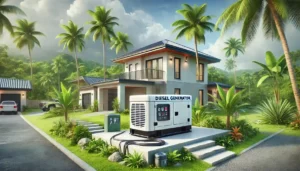
En tiempos de cortes de energía o desastres naturales, saber cómo usar un generador para alimentar una casa puede marcar la diferencia entre estar preparado
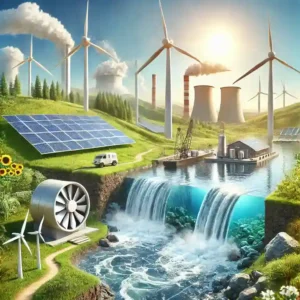
La búsqueda de energías alternativas se ha convertido en un pilar fundamental en la discusión sobre sostenibilidad y el futuro energético del planeta. Pero, ¿cuáles
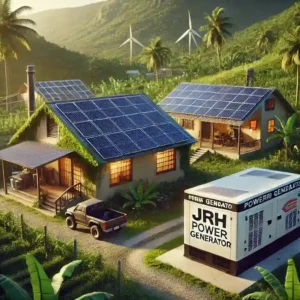
En un mundo donde la demanda de energía eléctrica sigue en aumento, las interrupciones de servicio y el costo creciente de la electricidad han impulsado
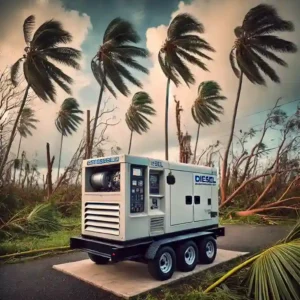
El año 2024 ha estado marcado por eventos climáticos extremos, generando preocupación en el Caribe y Estados Unidos, donde muchos se preguntan: ¿cuándo termina la
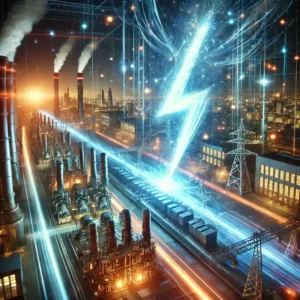
Imagina un mundo donde no puedas encender tu celular, arrancar tu auto o simplemente disfrutar de una luz en la noche. Todo lo que damos